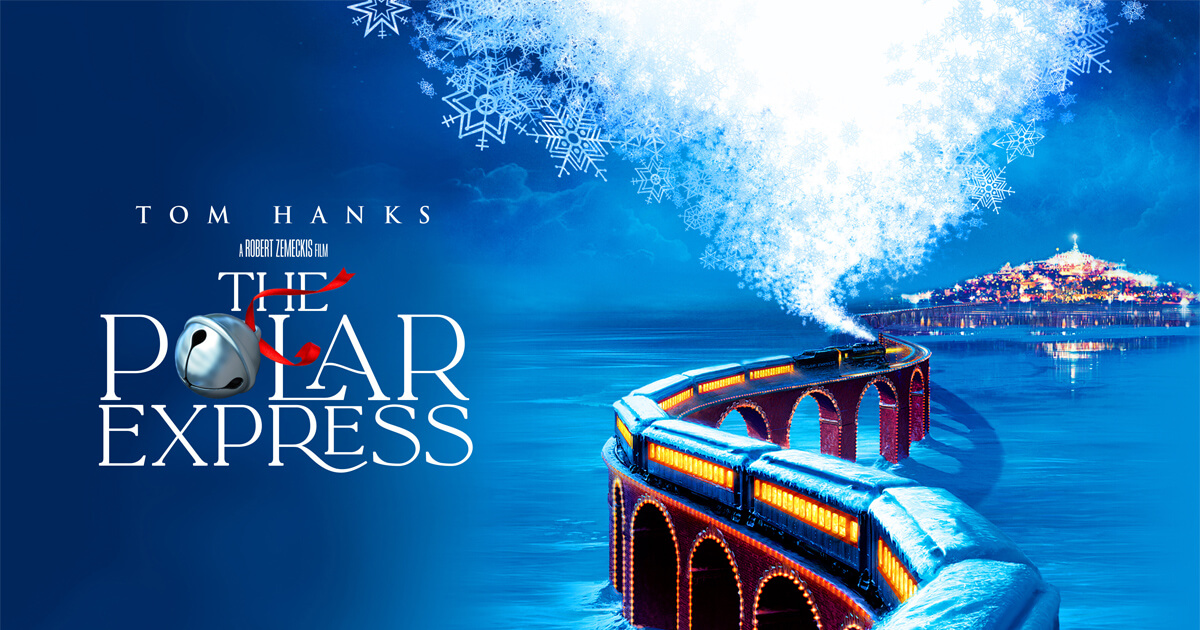A wondrously imaginative, diverse, and spirited allegory of childhood and the arduousness of adulthood.
Lauded in the Guinness Book of World Records as “the first all-digital capture” film, The Polar Express, released in 2004, is perhaps best remembered for Tom Hanks’s diverse voice-acting repertoire. Directed by Robert Zemeckis, this adaptation of Chris Van Allsburg’s cherished children’s book is a visually stunning masterpiece. It transcends cinematic boundaries, offering a timeless tale of childhood innocence and the wonder often abandoned on the challenging journey to adulthood. The level of attention and detail poured into every frame is truly a sight to behold. With all the technical wizardry on display, it is easy to overlook some of the subtle elements that distinguish the film from the literary source material.
The inclusion of both Hero Girl (voiced by Nona Gaye) and Lonely Boy (voiced by Peter Scolari) infuses the story with additional emotional heft and dynamism, offering diverse perspectives that instigate, influence, and accentuate the central protagonist’s own change by the end of the film. In this way, Zemeckis and company not only honor and pay homage to the source material, but build upon it, both cinematically and thematically. Depicted as African American, Hero Girl exudes considerable confidence, compassion, self-assurance, and positivity, which shines brightly when measured against the youthful protagonist’s particular reluctance and skepticism. She is instrumental in helping the other children realize and/or achieve their own goals. Whether concealing a cup of hot chocolate so as to bring it to the Lonely Boy later, or being the only one to hear the sound of the sleigh bell clear enough to escort the others out of the elvish labyrinth, she is—as the Conductor points out—a true leader.
The Lonely Boy is also given prominence. His self-imposed isolation presents a stark contrast to the aforementioned qualities embodied by both Hero Boy and Hero Girl. However, his involvement represents somewhat of a missed opportunity. Considering this child is the only one identified by name, the filmmakers may have intended to utilize him more. His introduction evokes a keen sense of sadness and/or social anxiety that remains conspicuously left unexamined. Although it may have further drawn out the film’s already padded length, taking the time to flesh-out the Lonely Boy’s backstory and frame of mind aboard the train could have made for quite a profound subplot spotlighting children with disabilities, or anyone who may feel shunned by their peers. In so doing, it could have dovetailed nicely with the Conductor’s remarks about Santa’s initiative for recycled toys, a program presumably intended to recognize and acknowledge the value of things ignored or long-since forgotten. Either way, the Lonely Boy’s musical duet with Hero Girl on the back of the locomotive, wherein Hero Boy is positioned between them, effectively illustrates how the trio’s individual journeys intersect against the backdrop of adult characters too often disillusioned and/or preoccupied by the ravages of time.
The Polar Express is currently available to rent, purchase, and stream on Vudu, Hulu, Prime Video, Max, and AppleTV.

Comments